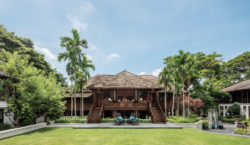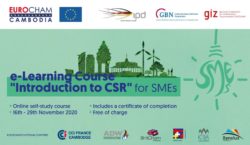The first 130,000 trees have been planted as the start of a new reforestation project in northern Thailand, courtesy Six Senses Resorts & Spas.
The initiative is part of their efforts to mitigate emissions, an estimated annual 160,000 tons of CO2 by replanting 200 acres of forest yearly in the fight against climate change, and underlines their commitment to become a decarbonising company by 2020.
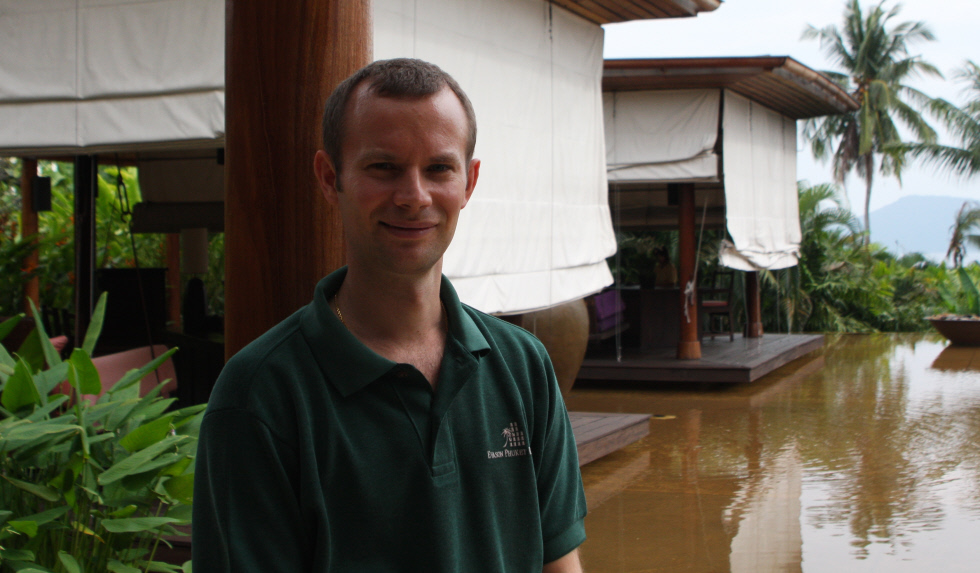
This Thailand-based hospitality company is as such deeply dedicated to sustainability, taking the lead when it comes to CSR and environmental concerns.
Responsible to oversee their efforts is Norwegian Arnfinn Oines, on the position as Social & Environmental Conscience, based out of Evason Phuket but looking after all their properties – from Vietnam to Oman.
“There are certain things we can do about our operations, for example reducing energy consumption and using renewables, while regarding flights one must find different ways to eliminate those emissions,” Arnfinn explains the reason for starting this reforestation effort in collaboration with the PATT (Plant A Tree Today) Foundation.
“We have established a carbon sense fund where we take a certain percentage from the guest revenue and allocate that to projects which reduce carbon emissions.”
“Point of departure is our wish to accomplish a company that absorbs more carbon than we produce. And within this we consider not only the energy consumption but in a wider concept include the import of products, the guest flights etc.”
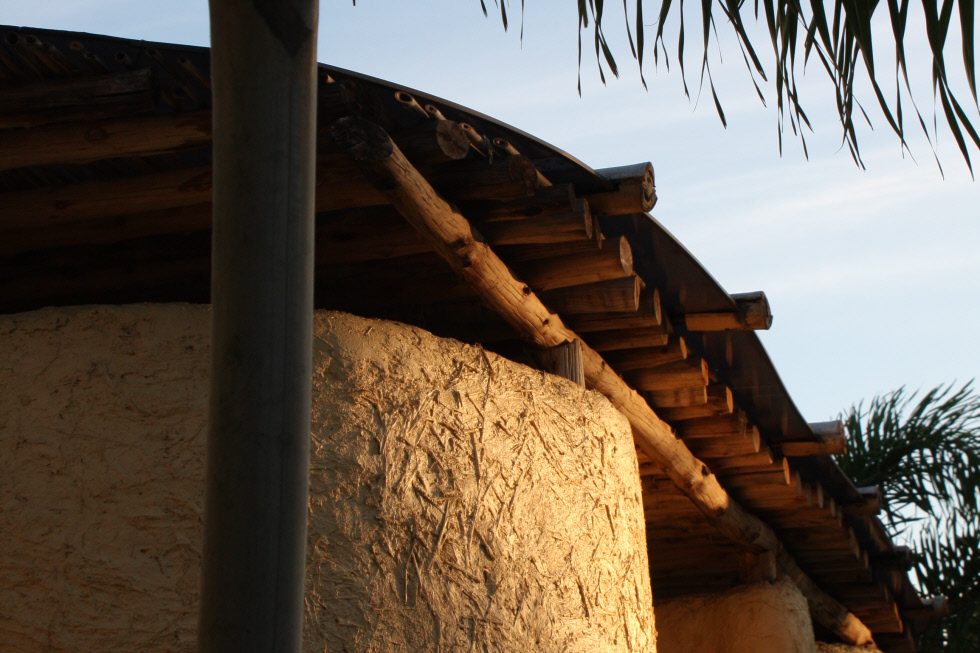
Environmental conscience in the blood
Arnfinn has become their man in charge for environmental and CSR efforts even though all employees and managers are involved, all the way up to CEO level. Each Six Senses resort also has an on-site Environmental Officer to run and oversee these efforts within the operations.
Arnfinn’s own background is not at all any environmental expertise, though coming from Norway, Scandinavia, these things are very much in the blood, he thinks.
“It‘s such a wide theme so one cannot really be specialist on it all. But I see the wider picture in understanding the industry and being able to ensure we do things in practice, and take things step by step and improve. That’s more important than aiming for being perfect and being in danger of achieving nothing,” Arnfinn explains.
His background is in fact an ordinary hospitality and tourism education, with a Bachelor from England and an MBA from Thailand. He got in touch with Six Senses while he was studying on Phuket – they were looking for someone to handle a Green Globe certification of Evason Phuket back then. Arnfinn was hired for the task and after graduation he started working full time with them.
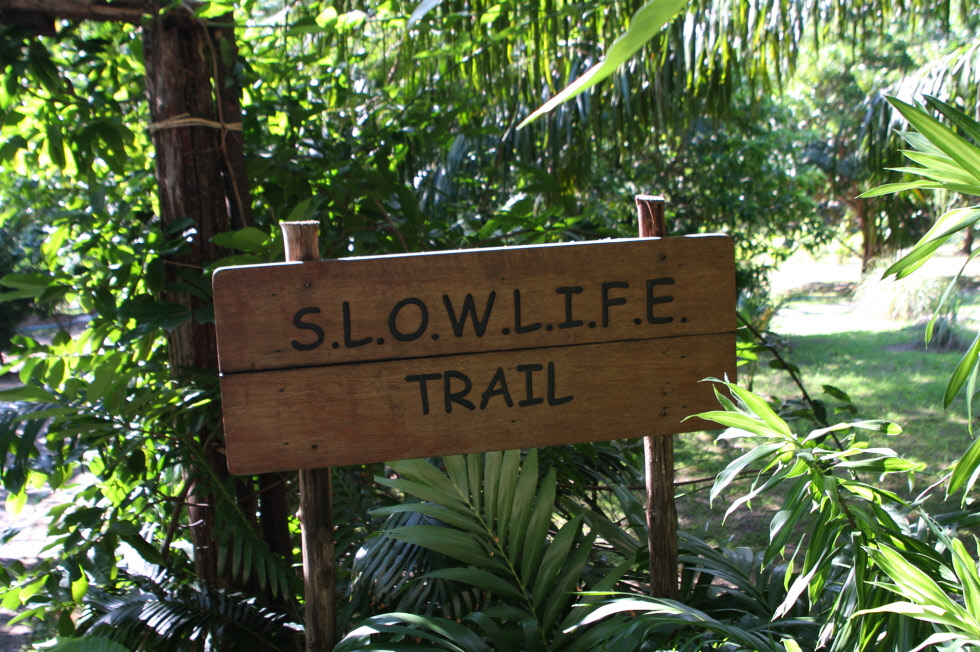
“Clearly, my interest in this field has grown and it is now my entire focus. So for me it has been an interesting path to take and I want to continue with this. I find it very interesting and looking forward it will just keep on growing in importance, not only for the marketing but as part of the direction in which businesses and hotels operate.”
The right business model
Six Senses is extra interesting in that sense as a forerunner, a company rooted in the principles of sustainability and with CSR playing a natural part.
Six Senses’ efforts are not a result of any greater proportion of green-demanding guests but the way it has been operating for a long time, taking environmental and social responsibility seriously, says the Norwegian.
“We do it because we believe it’s the right business model, not necessarily because it is consumer-driven. You want to save energy; you want to go for renewals because the oil price is going up. You want to save on water as well. You can reduce the operational cost and improve the bottom line.”
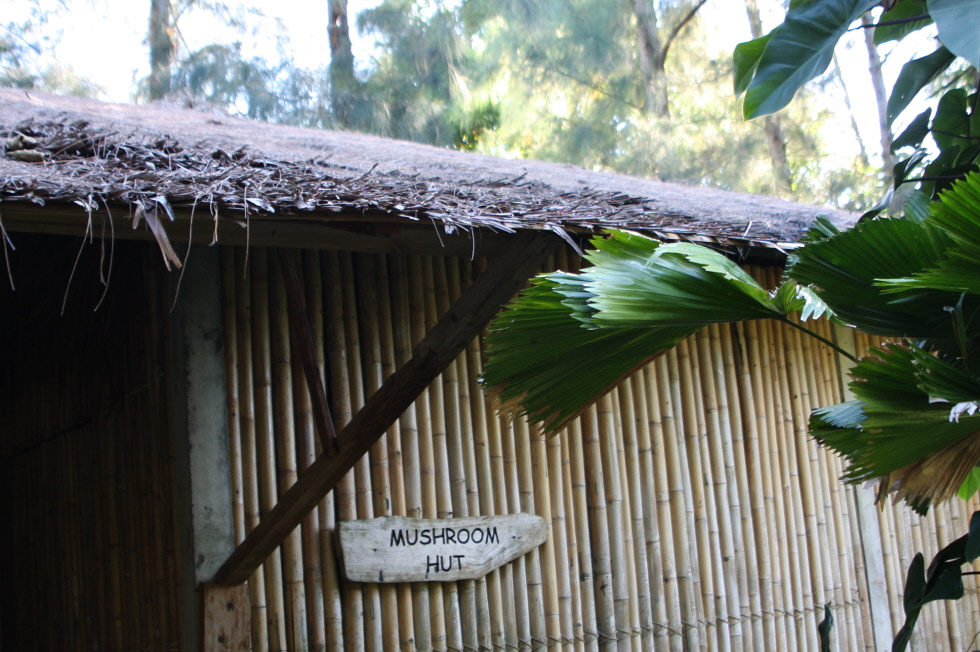
“And I’m very caught up in this and seeing that it’s not something we’re doing to look good and satisfy just some element of the marketing, but that it in fact makes business sense.”
“And of course, if you look into quality it makes sense having things guests often appreciate, like organic and local products. You give a better product and service and that’s what people are after.”
And with its environmental practices and sustainability Six Senses is demonstrating to the world that the travel industry can be both sustainable and profitable. Six Senses have set many new benchmarks and shows that it works for anyone.
“Those with a strong focus on environmental concern, or the social part, oftentimes forget the financial component and in order to really reach sustainability you need to have the balance of all these three parts. If you then can see how things connect; that it actually benefits the finances by doing good things for the environment and the social part you also reach a larger impact and in that way are able to achieve more,” Arnfinn points out.
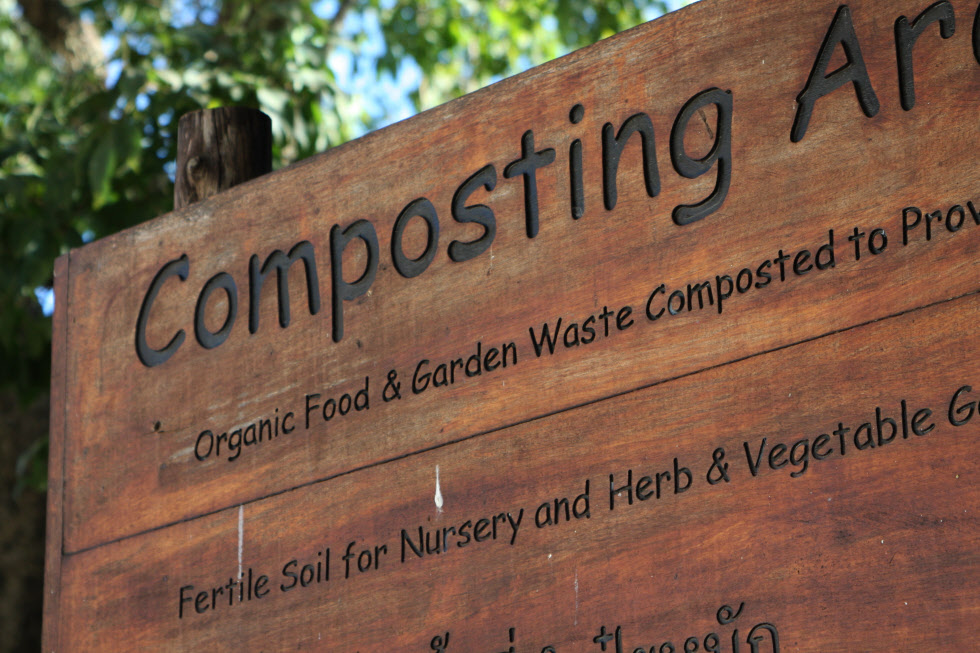
“Therefore this also makes it interesting for those who necessarily don’t have it as part of their philosophy. Those businesses able to understand this and doing something with it long-term are the ones that will address the challenges of the future – and be successful.”
The business gains are significant when taking into account lower costs, strategic advantage and enhanced reputation from a genuine commitment to sustainable development. It can also be an effective new element in strategic thinking and planning.
Luxury and sustainability works together
“Our approach is doing this across the board, as much as possible in every aspect. We look at the holistic side, also including our guests’ flights, in our emissions calculations. And it’s obviously challenging – sometimes you have to weigh up whether it’s worth the effort or not. But we feel it’s the right model and it’s definitely something that few others are doing in such detail.”
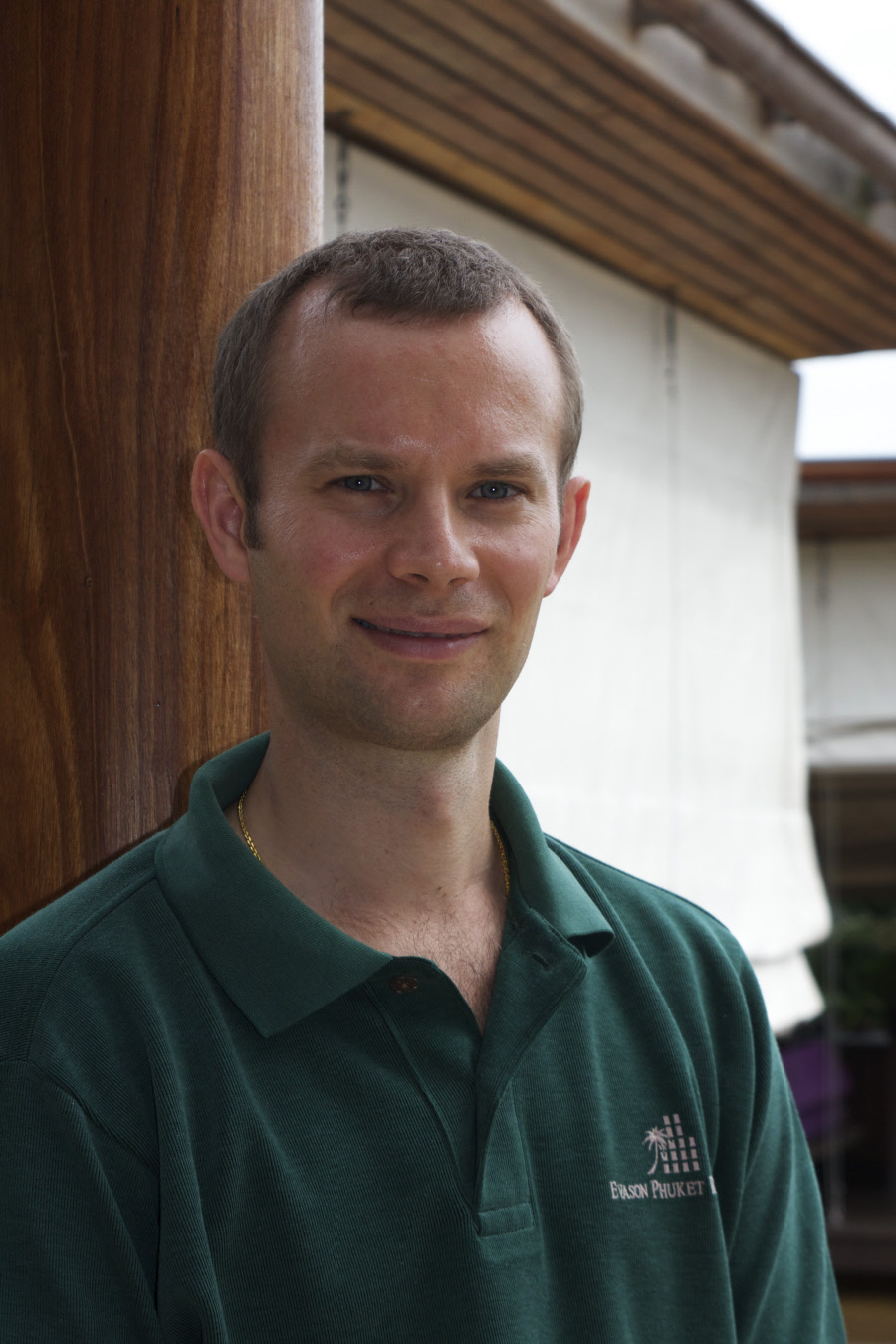 Case in point that it can be profitable is the implementations done at Evason Phuket. Only by being self-sufficient on water the resort saves 300.000 US dollar per year (the main reason, like for many other hotels on the island, being that it is not connected to municipal water).
Case in point that it can be profitable is the implementations done at Evason Phuket. Only by being self-sufficient on water the resort saves 300.000 US dollar per year (the main reason, like for many other hotels on the island, being that it is not connected to municipal water).
“And if you treat sewage water and use it for the gardens that also saves a lot of water.”
Other retrofitting of this property meant installing modern heating and cooling systems and using natural airflow in order to reduce energy usage from air conditioning. The list is very long.
Going green is mostly about the finances needed for the upfront investments in cost-saving techniques and refitting. Pay back time rarely takes more than three years. Making changes and embracing a wide range of environmental and cost-saving actions have turned Evason Phuket into a very energy-efficient resort.
“Several resorts here on Phuket copied us and which we assisted getting in touch with our suppliers. So that has been positive.”
“And it’s also a matter of being smart on design; a lot can be done that will both improve the profit, use less energy, but also enhance the guest experience.”
Another initiative is banning plastic bottled water and importing water.
“It’s a paradox in the travel industry to import water from the other side of the planet, when you have millions, if not billions with no access to clean drinking water or cleaning equipment.”
Evason Phuket produces its own water, provided in glass bottles, and also sells its own Wellness Water of which 50 per cent of the sales revenue goes to organisations helping people getting access to clean water and sanitation.
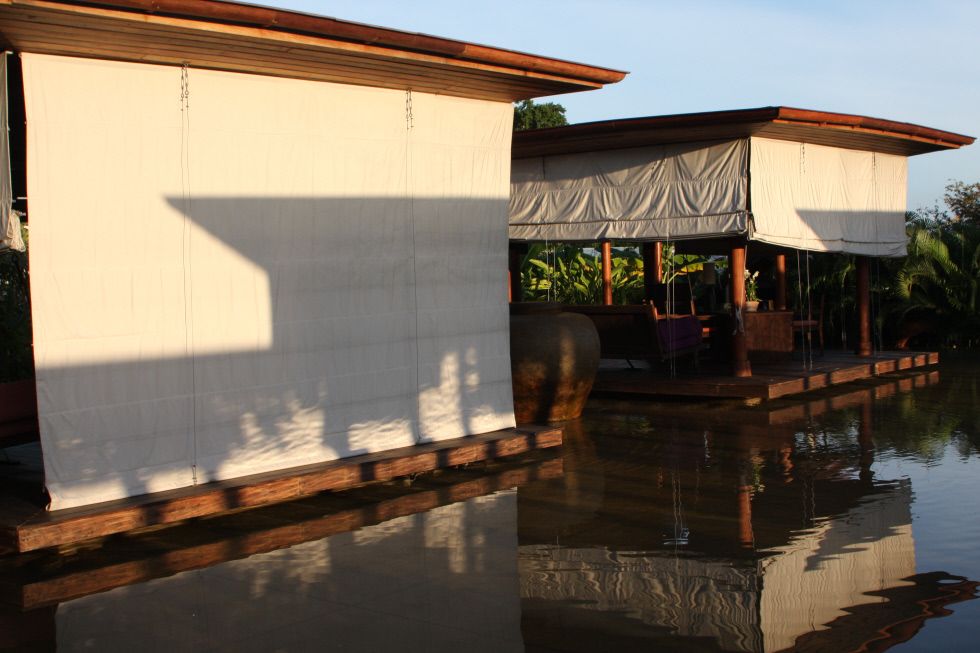
Six Senses constantly strives to develop pioneering designs, ones that can play a part in changing the world for the better, and also demonstrates the simple steps people can make to achieve a more sustainable lifestyle.
Another take on luxury
Each property is run following the core principal of ‘SLOW LIFE’ – where the perception of luxury is challenged. Six Senses’ basic premise is that luxury and sustainability can be and is, a happy marriage.
Arnfinn explains their own ‘intelligent luxury’ concept: “We look at luxury in a different way; nowadays it’s not necessarily about the need to consume a lot of material things. People work long hours and live in crowded cities so what people miss the most is the true luxury to have time and space – which is what we offer them.”
“In many ways it’s about making people realise what luxury really is, which we often forget and just think of material things. From point of the departure the traditional luxury is something with is not very positive and isn’t that suitable when it comes to the environment aspect.”
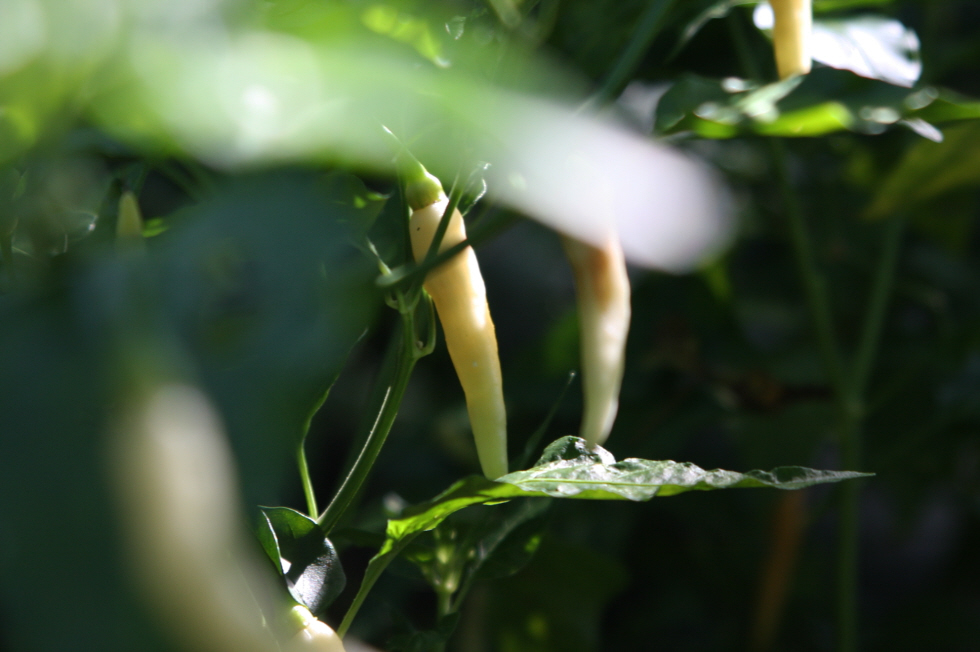
There are things to show to people what this different luxury actually is (such as growing their own organic vegetables), so they can see that it’s about having clean water and access to nature, according to Arnfinn.
But back to their reforestation programme – 38 million acres of rain forest deforestation takes place each year worldwide. So is there really any point with their new effort in Thailand?
“You might think not, but on the other hand if one doesn’t do anything and takes action it certainly won’t get any better. Of course we are a pygmies in the global picture – our project in Thailand is very small but on the other hand it’s what we can manage to accomplish – but if we can contribute and inspire others we can perhaps turn that trend around.”
And even when trying all one can to reduce negative impacts and demonstrating a strong sense of responsibility towards the surrounding environment and the local community it is not always possible to get it all absolutely right. Six Senses concluded that the best option in order to transport its guests to the new Soneva Kiri resort south of Koh Chang was to build an island airport.
“I do understand some of the criticism we have received,” replies Arnfinn, “and clearly, no matter what one does it’s never perfect but one has to do it in one way or the other. You must give and take. And looking at the larger picture, other alternatives – we considered seaplane transportation, which could not be done – aren’t necessarily any better. And we do take responsibility and compensate for our flight emissions.”
[sliderpro id=”65″]


